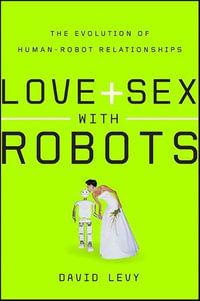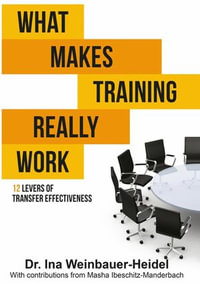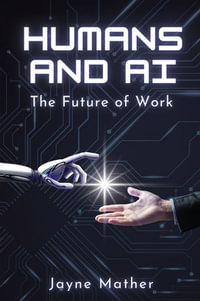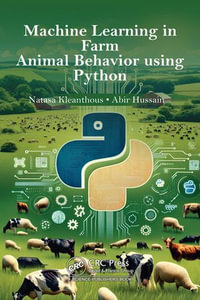
eTEXT
Introduction to Languages, Machines and Logic
Computable Languages, Abstract Machines and Formal Logic
By: Alan P. Parkes
eText | 6 December 2012
At a Glance
eText
$109.00
or
Instant online reading in your Booktopia eTextbook Library *
Read online on
Desktop
Tablet
Mobile
Not downloadable to your eReader or an app
Why choose an eTextbook?
Instant Access *
Purchase and read your book immediately
Read Aloud
Listen and follow along as Bookshelf reads to you
Study Tools
Built-in study tools like highlights and more
* eTextbooks are not downloadable to your eReader or an app and can be accessed via web browsers only. You must be connected to the internet and have no technical issues with your device or browser that could prevent the eTextbook from operating.
ISBN: 9781447101437
ISBN-10: 144710143X
Published: 6th December 2012
Format: PDF
Language: English
Publisher: Springer Nature























